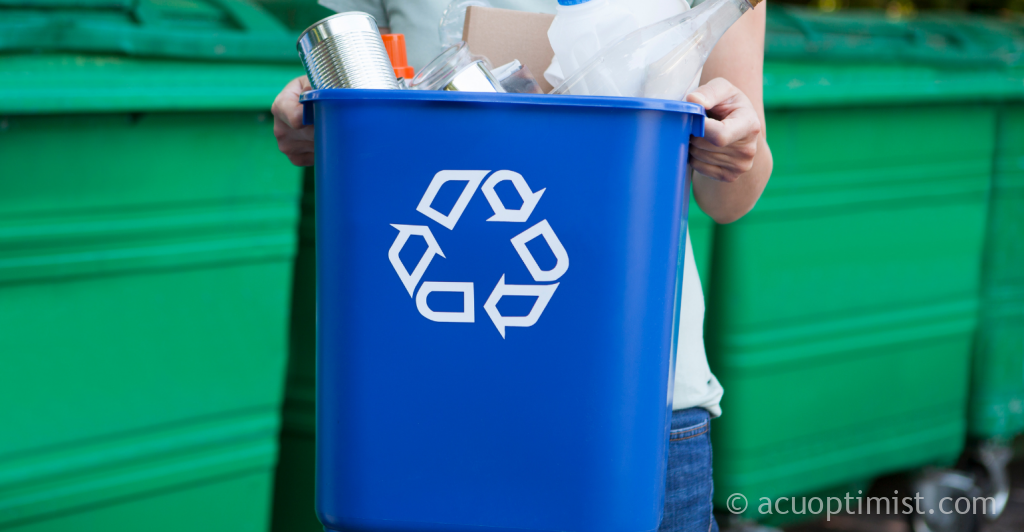I get it – it’s hard to live a sustainable lifestyle in Abilene, Texas.
There’s no bulk food store. There’s limited public transportation. And … There’s no recycling.
The sustainable lifestyle tips you read about in those aesthetically pleasing blogger’s posts just don’t work here.
As frustrating as it is for those of us who want to be responsible and leave as small of a carbon footprint as possible, there are good and practical reasons why our small city doesn’t have a recycling facility.
Recycling isn’t just a local issue; It’s a global issue.
Countries that were once paid to take recyclable trash are now swimming up to their eyes in toxic waste. Literally. They aren’t accepting our trash anymore. When there is not a market for trash to be recycled, smaller cities like Abilene are left with no choice but to forgo their recycling efforts.
Mayor Anthony Williams said the industry that once made recycling financially advantageous has disappeared.
“A number of communities, Abilene being one, has been forced to be in a situation where there is no market for the product,” Williams said.
For several years, Williams said the city paid an entity to take its recyclables. However, there is still no market for the product and thus things meant to be recycled are disposed of in landfills across the country.
Authorities of the city recognize the issue and are working to create solutions for citizens of the community who care about being good stewards of the earth.
“What our commitment was to this city is that we will undergo a deep-dive to see what is viable out there,” Williams said. “As the mayor of this city, I am actually looking and hoping that we have an opportunity to partner with a private sector or whomever that will help address the issue we face.”
But luckily, recycling isn’t the answer to responsible consumption; Reusable consumption is. By investing in reusable products, even Abilene citizens, as limited as our resources may be, can live a green lifestyle.
In the end, the best course of action for those who truly care about the environment and about their personal impact on it is to invest in products that reduce the need for waste (and recycling) all together.
Muslin produce bags are a cheap one-time buy, as are reusable water bottles, tote bags, cutlery, Tupperware and even bathroom items, such as cloth cotton rounds. Composting, carpooling and simply unplugging chargers and lamps when they aren’t being used are also ways to reduce food and energy waste.
It won’t be perfect but many people imperfectly living zero-waste is far more impactful than only a few people doing it perfectly.
By intentionally cutting down on products that come in packaging that would need to be recycled or thrown away once they have been used, the need for recycling is reduced. We can make conscious choices to work with what we have. The more we reduce and reuse, the less we need to recycle.

